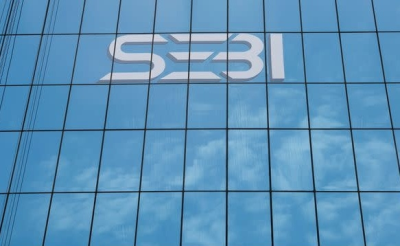
Mumbai — The Securities and Exchange Board of India (SEBI) recorded a sharp increase in settlement applications in FY25, reflecting a growing preference among entities to resolve regulatory disputes without engaging in lengthy litigation.
According to SEBI’s latest annual report, the regulator received 703 settlement pleas during the year, up significantly from 434 in the previous fiscal. Of these, 284 were concluded through settlement orders, while 272 were rejected, withdrawn, or returned.
From resolved cases, SEBI collected ?798.87 crore in settlement charges and an additional ?64.84 crore as disgorgement, bringing the total to over ?860 crore.
The settlement mechanism enables individuals and companies accused of violating securities laws to resolve cases by paying penalties and fulfilling specific conditions, instead of contesting them in court. Violations settled during the year spanned insider trading, fraudulent trading, Alternative Investment Funds (AIFs), mutual funds, and Foreign Portfolio Investors (FPIs).
The regulator also handled a substantial number of appeals. In FY25, 533 new appeals were filed before the Securities Appellate Tribunal (SAT), compared with 821 in FY24. Of these, 422 were disposed of, with the majority dismissed: 73% were rejected, 5% allowed, 10% upheld with modifications, 5% remanded, and 7% withdrawn. Notably, about 62% of appeals related to breaches of the Prohibition of Fraudulent and Unfair Trade Practices Regulations, 2003.
Meanwhile, SEBI’s “difficult-to-recover” (DTR) dues climbed to ?77,800 crore in FY25, from ?76,293 crore at the end of March 2024. The regulator clarified that the DTR classification is an administrative measure and does not prevent recovery officers from pursuing dues if circumstances change.
With inputs from IANS